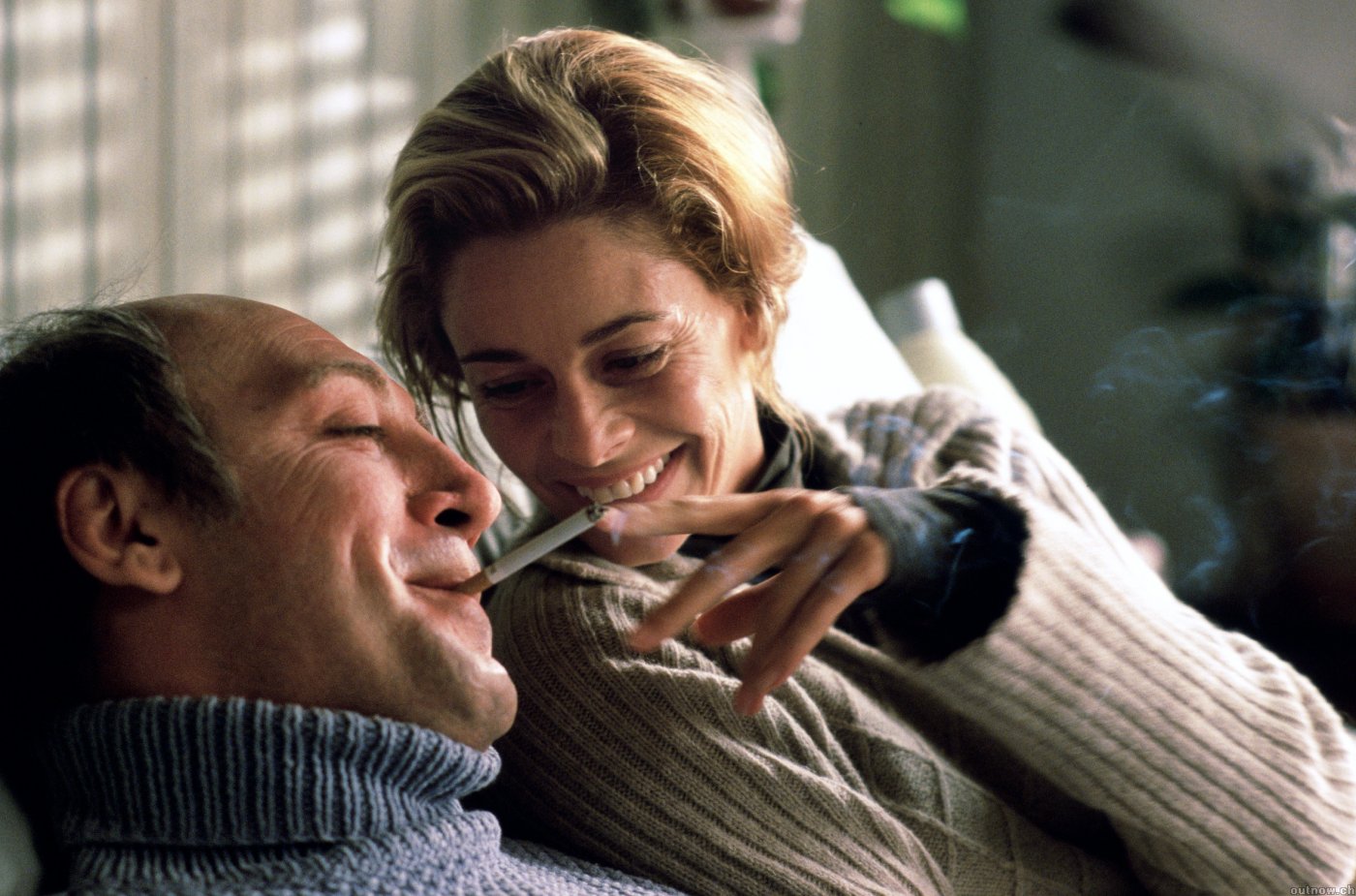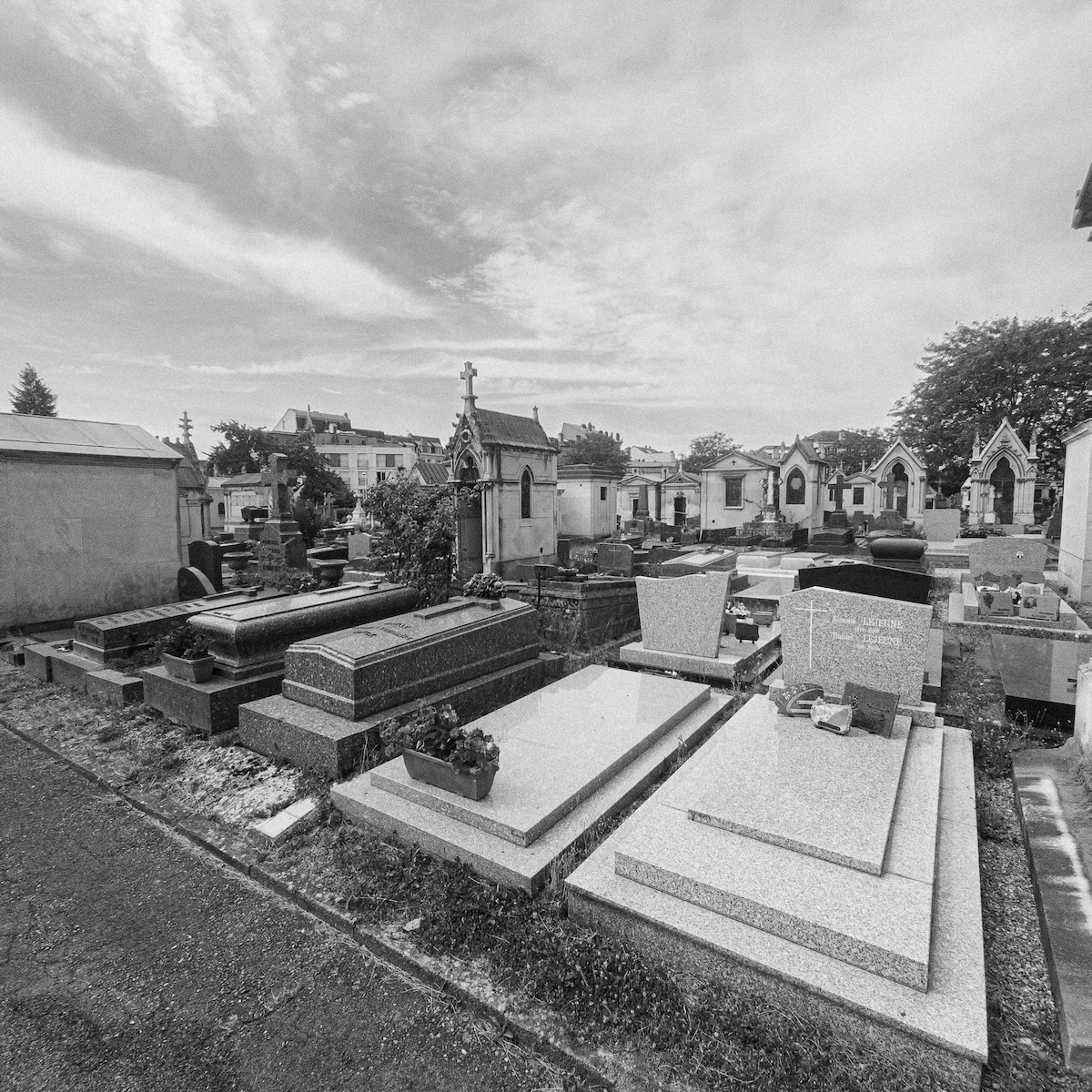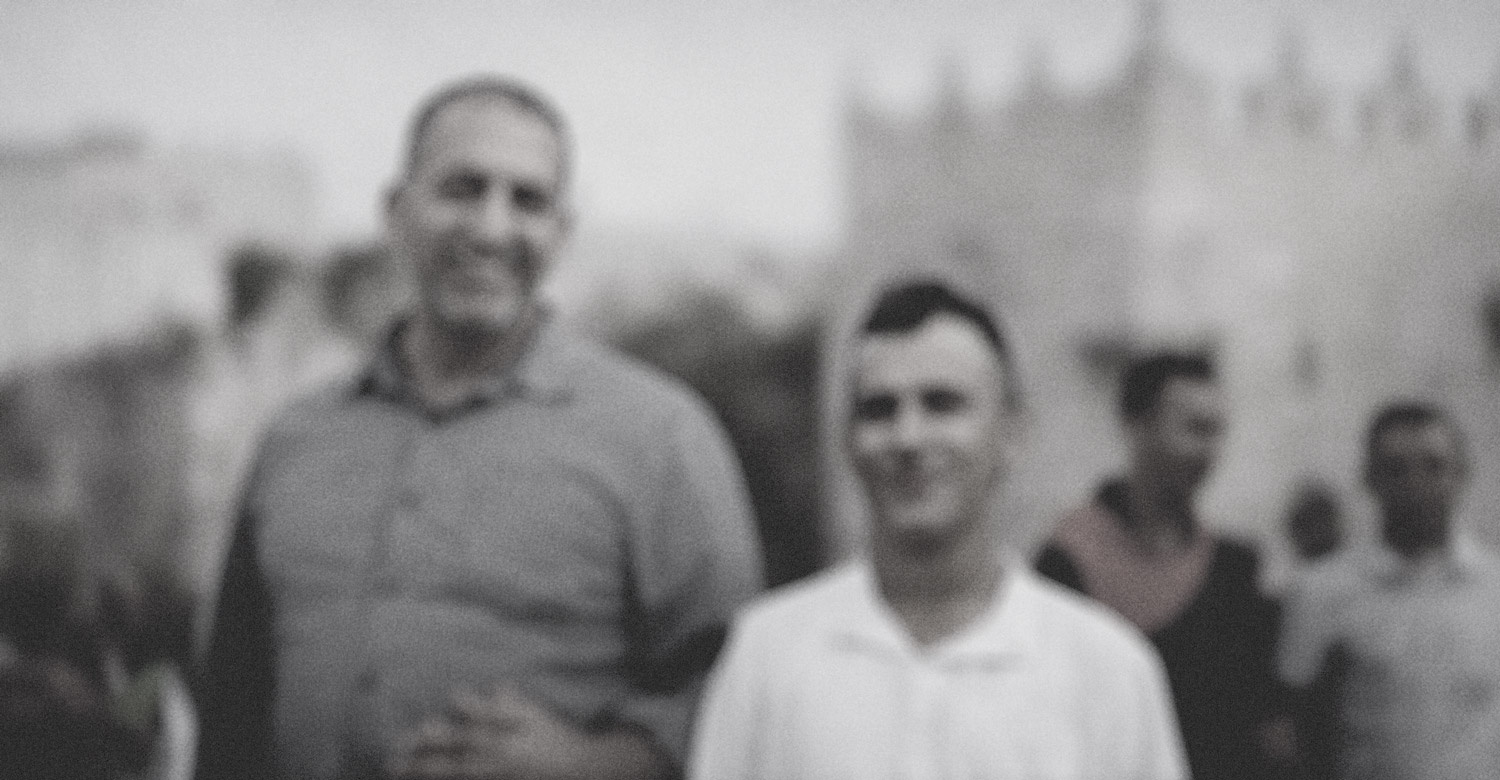My Father's Friend - To Be Continued (4)
My Father’s Friend
I believe in friendship, even despite the disappointments that may come with it. I don’t deny that there’s an element of chance in how friendships form. They often begin at intersections we don’t choose. But there’s also a hidden kind of attraction. What your spirit sends out into the world is what you get back, in some way, even from people you never expected.
I think my belief in friendship, its strength and depth, was shaped while growing up, through watching my father’s friends. My father was an incredibly warm and friendly person, especially as he grew older. He had a friend named Mohammed Aqeel. Their friendship began during their studies in Zabid (a historic town in western Yemen, known for its Islamic scholarship). Life eventually separated them: Mohammed settled in Hodeidah (a Yemeni port city on the Red Sea), and my father left Yemen for France, then Egypt, then Saudi Arabia, before finally settling in Sana’a (the capital, located in Yemen’s mountainous north). Despite the distances, their connection and warmth remained strong and steady.
My Father’s House
In the mid-1980s, my father was living in Saudi Arabia, working as a diplomat, which gave him a good income at the time. Under the combined insistence of my mother and Mohammed Aqeel, we ended up with a house in Sana’a. How?
Mohammed persuaded my father to buy a house, saying, “It doesn’t make sense to return from abroad after all those years and go back to living in rentals.” My father was someone who avoided complications, and buying land in Sana’a was a risky venture, especially if you were far away and, like him, a peaceful man from Tihama (a coastal plain along the Red Sea that stretches from western Yemen into southwestern Saudi Arabia), with no tribal backing.
Mohammed offered to co-purchase the land with my father, partly to reassure and support him. And so it happened. My father began sending money gradually, and Mohammed took care of everything, traveling from Hodeidah to oversee construction, coordinating with another close friend of my father’s who lived nearby.
My father said the money he sent could not have covered the quality of the house we eventually had. He discovered later that Mohammed had upgraded the construction and finishing, paying from his own pocket to make the house truly suitable.
My father considered the extra money a loan and kept a mental note of it for some time, until one day he mentioned it to Mohammed, who became very upset that my father even brought it up.
Mohammed wasn’t a social butterfly, despite his simplicity. He didn’t share my father’s political views, but their disagreement never affected their bond.
Mohammed would visit from Hodeidah with no specific occasion, just to spend a few days with my father, and then vanish again for a while. My father, in return, always stopped in Hodeidah to see him whenever he traveled to visit his own family in Zabid. And whenever we went to Zabid for Eid, there was always one special day when Mohammed would come, join us, and then head back to his city at day’s end.
Even as they aged and my father’s mobility decreased due to illness, Mohammed continued visiting from time to time. This friendship lasted until death separated them. Mohammed visited our home only once after my father’s passing. It was as if he needed to mark the end of their friendship on his own terms. He passed away years later.
Mohammed was a rare kind of friend. There were no personal gains, no blood ties. What bound them was something much deeper: a friendship free from self-interest, quiet, steadfast, and profoundly human. It was a bond of noble companionship, genuine affection, and loyal presence that never asked for anything in return. The kind of friendship that feels like it belongs in a novel.
Maybe that’s why, whenever I hear someone doubt the existence of real friends or speak bitterly of betrayal, I remember Mohammed’s face and say with certainty:
Yes, true friends do exist, despite everything.
---------------------------------------------
A film worth watching
The Sea Inside

This Spanish film, starring Javier Bardem, tells the true story of Ramón Sampedro, a man whose life was transformed by a diving accident. At its core, the film is about freedom, particularly the freedom to choose how one lives and dies.
But The Sea Inside isn’t just a legal or moral debate. It’s a deeply human, philosophical work that revisits fundamental questions about meaning, dignity, love, and existence itself.
The film won the 2005 Academy Award for Best Foreign Language Film, along with numerous international awards. It’s a rare blend of exquisite acting, haunting music, and a screenplay that balances sorrow and beauty with delicate care.






